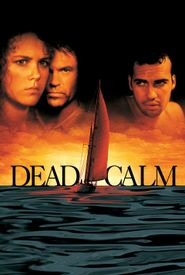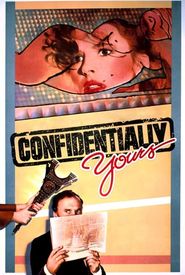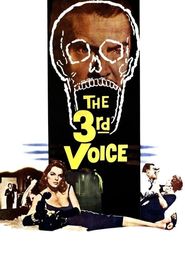Charles Williams was born in San Angelo, Texas, where he spent his formative years before relocating to New Mexico. His educational journey took him to Brownsville High School in Texas, where he completed his secondary education up to the tenth grade. In 1929, Williams embarked on a distinguished career in the United States Merchant Marine, serving as a radio operator until 1939. During this period, he honed his skills in radio communication and developed a strong foundation in electronics.
Williams' service in the U.S. Navy during World War II further expanded his expertise in various fields, including electronics inspection, wireless operation, radar technology, and radio service engineering. His extensive travels took him to Peru, Arizona, Florida, and Switzerland, allowing him to experience diverse cultures and environments.
In his personal life, Williams married Lasca Foster in 1939, and the couple had a daughter named Alison. His literary career began with the rejection of his first novel, Hill Girl, by several publishers. However, Fawcett publishing company eventually picked it up in 1950 for their line of Gold Medal paperback originals. Williams' beginner's luck proved to be a resounding success, as Hill Girl sold over 1.2 million copies.
He went on to publish 21 more novels, earning recognition as a member of the "Gold Medal" writers. Williams' writing career also ventured into film scriptwriting, including his own adaptations, The Wrong Venus and Hell Hath No Fury. His novels often explored the themes of human nature, morality, and the struggle between good and evil.
Williams' distinctive writing style, which blended elements of hard-boiled thrillers, comedy, and adventure, captivated readers worldwide. His most famous novels typically took place in the hot and humid environments of the Gulf Coast and South Florida, while his later works often centered around the open sea.
Throughout his life, Williams was drawn to the saying, "God made the country, man made the city, and the Devil made the small town." His writing reflected this sentiment, often featuring characters who found themselves entangled in deadly circumstances and struggling to find justice.
Despite his popularity, Williams received limited critical acclaim in the United States. However, his books enjoyed immense success in France, where nearly all were translated or adapted into films. The author's personal life was marked by tragedy, including the loss of his wife Lasca to cancer in the early 1970s. Charles Williams eventually lived alone in a trailer on the California-Oregon border, where he struggled with depression and financial difficulties.
Tragically, Williams took his own life in 1975. Despite his untimely passing, his legacy as a master of the hard-boiled crime novel has endured, with many of his paperbacks selling for $100 or more among aficionados of the genre.






























